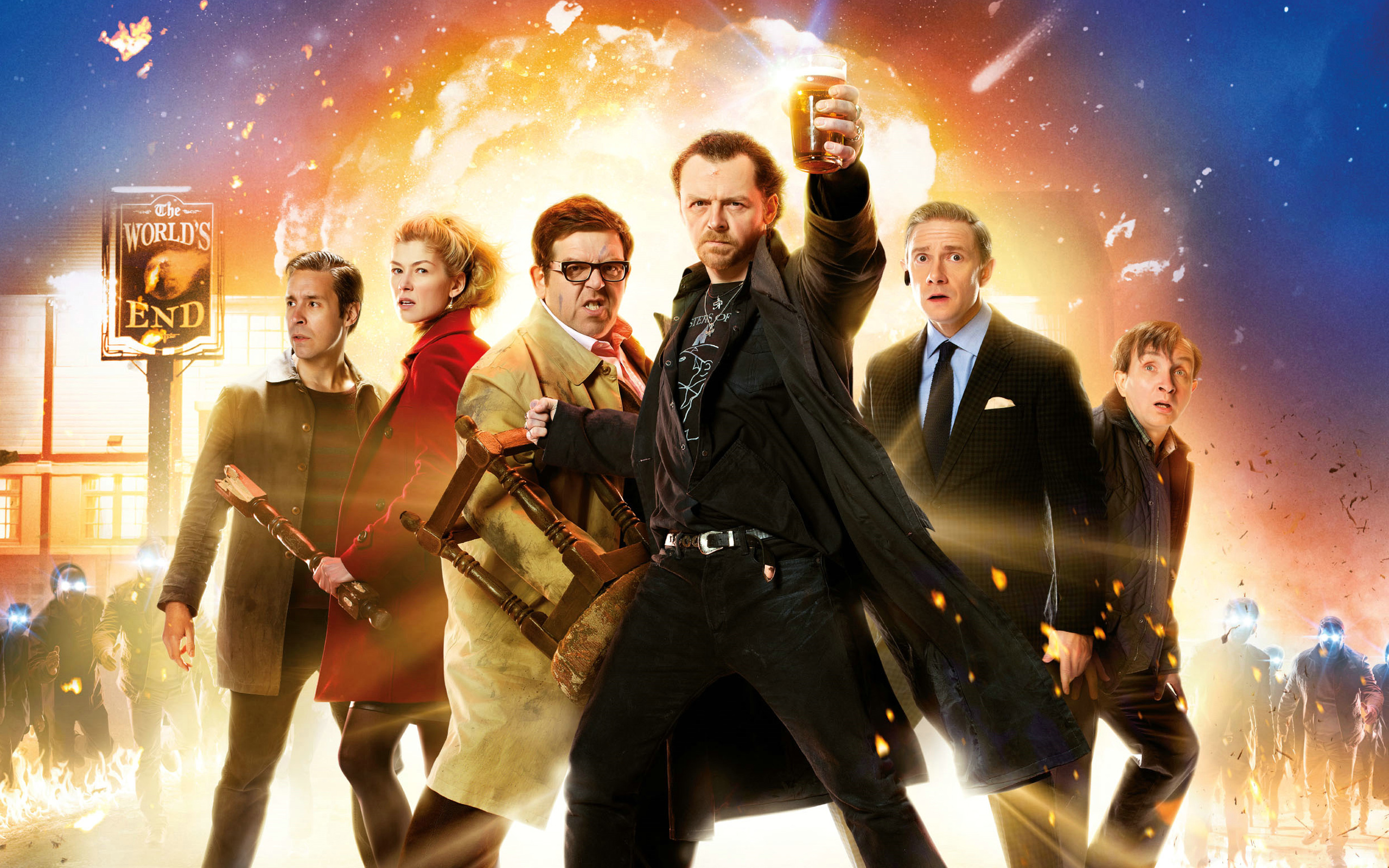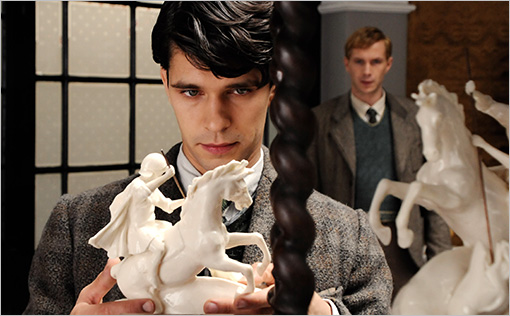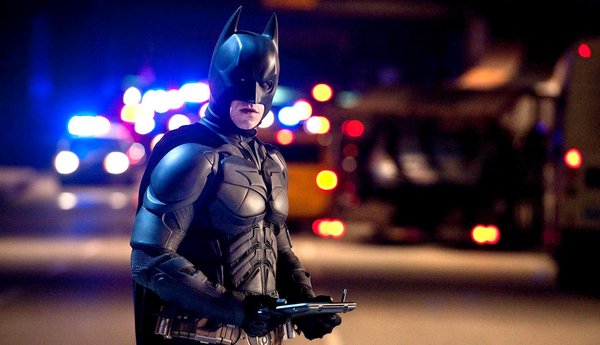25 Pints: The World’s End
[Update 1 September: Since posting this, I’ve seen The World’s End a second time, which radically changed my opinion of it. I now think it an extremely complex film and a masterpiece, perhaps even Wright’s best work to date—see my second attempt at a review/analysis.]
1. I love everything that Edgar Wright has made.
2. Spaced is one of the cleverest sitcoms I’ve ever seen, demonstrating repeatedly how innovation can be wrested from the most hackneyed cliches of a given form.
3. Shaun of the Dead I rank among the greatest zombie films made, the full equal of Night of the Living Dead and (the original) Dawn of the Dead.
4. Hot Fuzz is probably Wright’s best film to date; three viewings in, I’m still grasping its subtleties.
5. Scott Pilgrim vs. the World is my probably favorite film of the past three years—when I am honest with myself, I’m forced to admit that I love it even more than Drive or The Ghost Writer.
6. Edgar Wright is the only celebrity that I follow on Twitter.
7. I now go into everything that he makes expecting nothing short of sheer brilliance and genius.
8. I went to see The World’s End opening day.
9. It pains me greatly to say that the movie is, to date, my least favorite work of his.
25 Points: Cloud Atlas
1. Dear God did I want to like this.
2. I’m something of a fan of the Wachowskis. Bound and Speed Racer are fun, and I adore the Matrix Trilogy (yes, even the sequels). And I have nothing against Tom Tykwer, either. I enjoyed Run, Lola, Run, and admired his stab at making a Kieslowski (Heaven). I wish there were more filmmakers out there like the three of them.
3. Cloud Atlas is pretty well-directed. It presents six different plots across six different timelines, and (speaking for myself) it was easy to follow, narratively. That’s not nothing.
4. I’ve long argued that Titanic is a very well-made film. It’s three hours long, with dozens of characters, and it never becomes confusing, never drags.
5. This will not be the first time I compare Cloud Atlas with Titanic.
November 26th, 2012 / 8:01 am
The Ever Risable Dark Knight
In the set piece that opens The Dark Knight Rises, a CIA operative screams at three hooded captives, “The flight plan I just filed with the Agency lists me, my men, Dr. Pavel here, but only one—of you!” He then starts pretending to toss them out of his airplane, only to be interrupted by the masked terrorist Bane, who has seen through his deceit (“Perhaps he’s wondering why someone would shoot a man … before throwing him out of a plane!”). Menacing banter ensues, after which Bane gains control of the aircraft and prepares to crash it. Grabbing Dr. Pavel, he commands an underling to remain on board, because “they expect one of us in the wreckage, brother!”
This is the kind of exchange Christopher Nolan thinks clever, when really it makes no sense. The plane was riddled with bullets, its wings torn away, its tail end blown off by explosives. Obviously somebody attacked it—so who cares if the bodies in the wreckage match the flight plan? What’s more, the CIA man wasn’t telling the truth about throwing them out—Bane even commented on that—so why trust his line about the flight plan?
These might seem like nitpicking, geeky griping over plot holes. But this exchange illustrates so much of what’s so wrong with Nolan’s movies.
For one thing, his characters never shut up.
Viktor Shklovsky wants to make you a better writer, part 1: device & defamiliarization
When I was finishing up my Master’s degree at ISU, I worried that I still didn’t know much about writing—like, how to actually do it. My mentor Curtis White told me, “Just read Viktor Shklovsky; it’s all in there.” So I moved to Thailand and spent the next two years poring over Theory of Prose. When I returned to the US in the summer of 2005, I sat down and started really writing.
I’ve already put up one post about what, specifically I learned from Theory of Prose, but it occurs to me now that I can be even more specific. So this will be the first in a series of posts in which I try to boil ToP down into a kind of “notes on craft,” as well as reiterate some of the more theoretical arguments that I’ve been making both here and at Big Other over the past 2+ years. Of course if this interests you, then I most fervently recommend that you actually read the Shklovsky—and not just ToP but his other critical texts as well as his fiction, which is marvelous. (Indeed, Curt has since told me that he didn’t mean for me to focus so much on ToP! But I still find it extraordinarily useful.)
Let’s talk first about where Viktor Shklovsky himself started: the concepts of device and defamiliarization.
I made a video that critiques the opening three scenes of “Inception”
I’m trying out different ways of doing film criticism. In addition to writing articles, I think it makes sense to record commentaries (like the one I just did for Drive) and make critical videos. (My inspirations here are Mike Stoklasa and Jim Emerson.)
So here’s my own foray into the latter:
I recorded a commentary track for “Drive”

Hey, HTMLGiant. I recorded a commentary track for Drive; you can download it here. It’s an mp3, 42 MB, 104 minutes long.
Of course I made it so brilliant that you can just listen to it on its own. But if you watch it with Drive (recommended!), it’s all synced up, so cue it to start when the Universal logo starts.
Related posts:
- “DRIVE”
- “Let’s watch a scene from Drive and analyze it”
- “Cliché as Necessity (Birthing Innovation)”
- “Something Film Understands but that Literature Doesn’t”
- “A Little Bit More on Cliché”
Next, I’ll record commentary for Inception.
And Scott Pilgrim vs. the World.
And The Lord of the Rings trilogy.
And Southland Tales.
Update: I forgot to include a link to Scorpio Rising. Here’s a clip:
And here’s the full film.
A Critique of Jim Emerson’s Recent “The Dark Knight” Critique
You’ve probably seen by now film critic Jim Emerson‘s critique of a certain action sequence in The Dark Knight (2008). Many, many people forwarded it to me; they probably also forwarded it to you.
Now, I have said many mean things about Mr. Nolan in the past. But I actually disagree to some extent with Mr. Emerson’s analysis. (Maybe I just disagree with everyone?)
So allow me, if you will, to defend my buddy Chris Nolan.
Inception in 3 Seconds
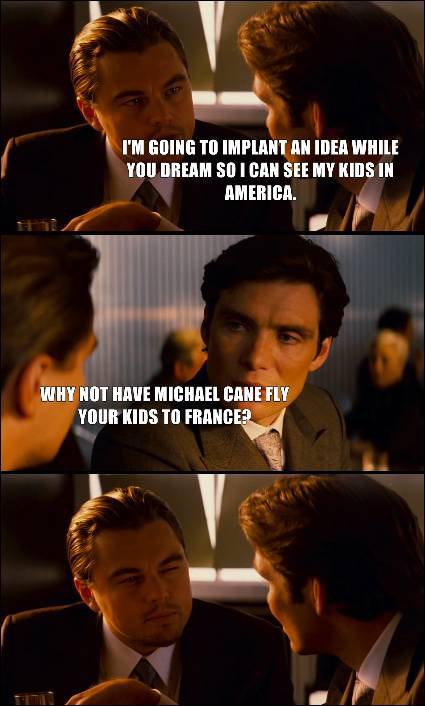
[via @Idea Shower, typo notwithstanding]
[I remember an interview somewhere with Quentin Tarantino where he dismantled Nolan’s Memento in one question: if he can’t remember anything, how does he remember he has a memory problem?]
[While I’m at it: A.D. Jameson’s 17 Ways of Criticizing Inception is slick.]
Mondo Review/Reflection/Notes On Inception
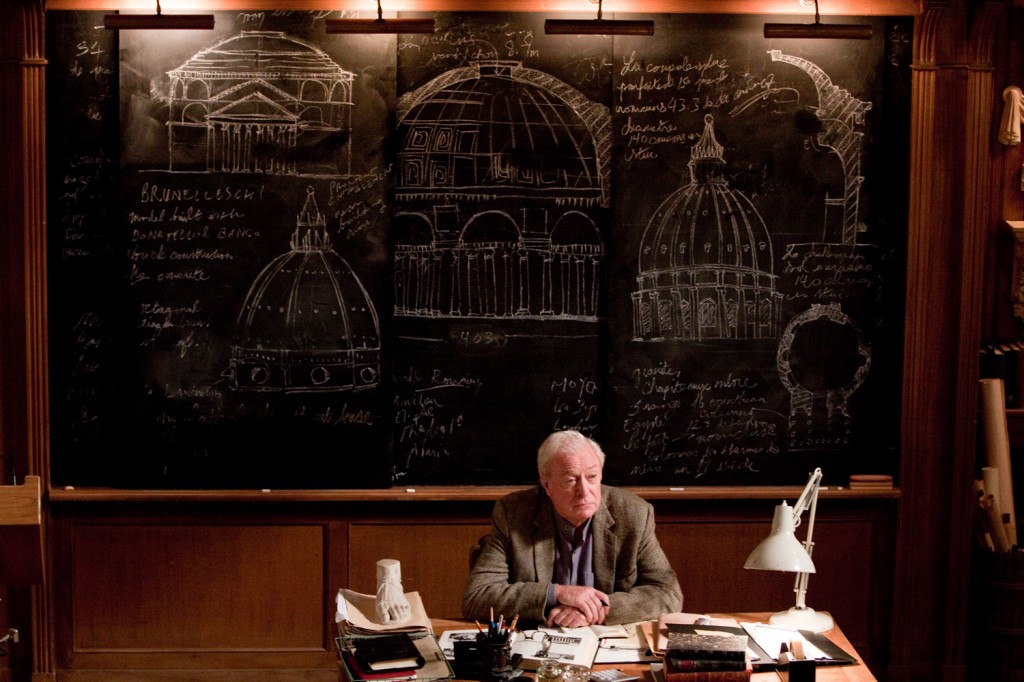
The other day, Lily wrote about how she “found Inception potentially very interesting but in the end quite disappointing.” I didn’t get a chance to see it until yesterday, but I had a different reaction: I found it uber freaking fascinating.
My thoughts after the jump…with Spoilers Aplenty, so beware if you haven’t seen it yet!
July 24th, 2010 / 12:11 pm

